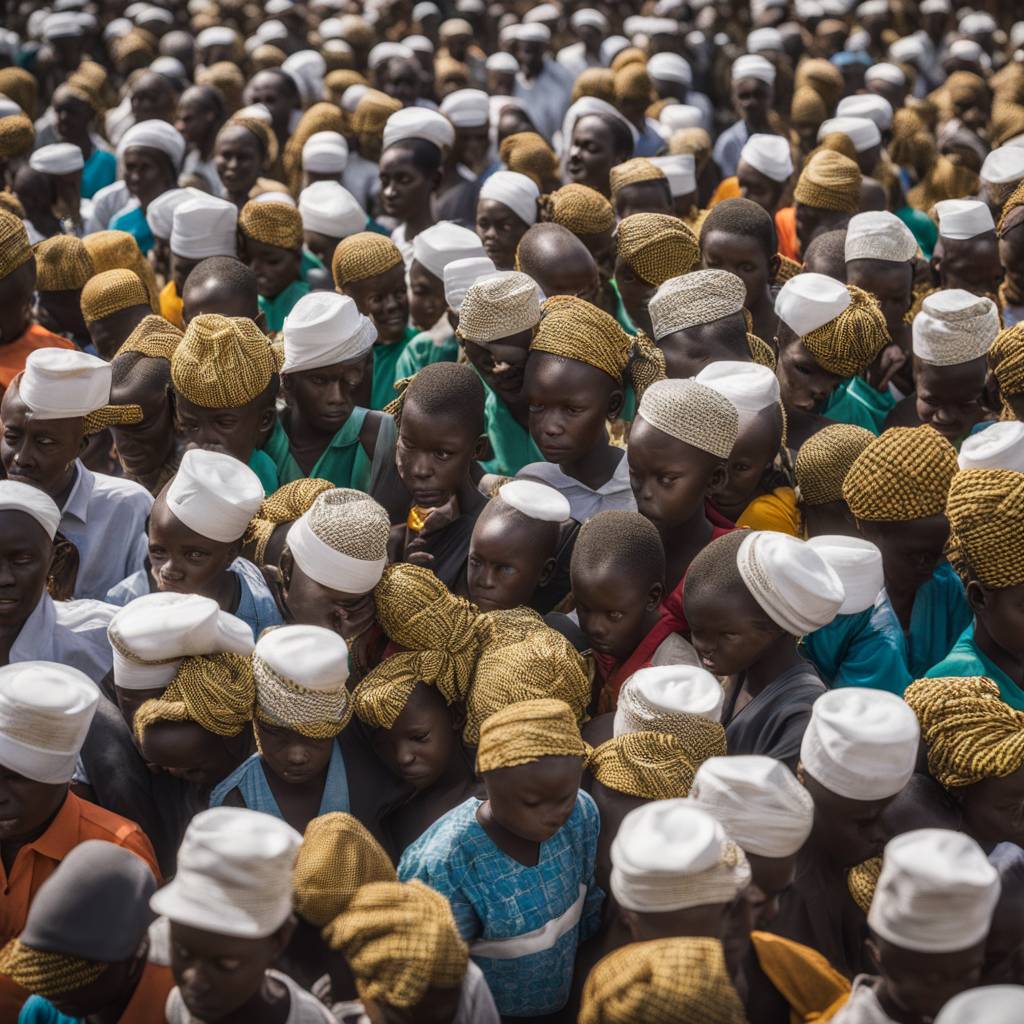Rwandans are commemorating the 30th anniversary of the genocide that occurred in their country. The genocide, orchestrated by armed Hutu individuals, resulted in the deaths of approximately 800,000 people, mainly Tutsis but also moderate Hutus. The killing spree began on April 7, 1994, following the assassination of Hutu President Juvenal Habyarimana. Victims were brutally murdered in massacres fueled by anti-Tutsi propaganda broadcast on TV and radio, with at least 250,000 women being raped during this period. The violence left a lasting impact on Africa’s Great Lakes region, with scars that remain evident among Rwandans even 30 years later.
President Paul Kagame led the commemoration events by placing wreaths on mass graves in Kigali, alongside foreign dignitaries, including former US President Bill Clinton. The international community’s failure to intervene during the genocide has been a source of lingering shame, with French President Emmanuel Macron acknowledging that France and its allies could have done more to stop the bloodshed but lacked the will to do so. As Rwanda marks the start of a week of national mourning, the country has effectively come to a standstill, with flags flown at half-mast, remembrance flames lit, and restrictions on music, sports, and movies during this period.
Rwanda has made progress under Kagame’s leadership, but the memory of the genocide remains fresh in the minds of its people. Efforts are being made to ensure that the genocide is not forgotten, with calls for remaining suspects to be held accountable for their actions. Community tribunals have been set up in Rwanda, allowing victims to hear confessions from those who persecuted them, although some have criticized this system for resulting in miscarriages of justice. Rwanda has also emphasized the importance of combating hate speech and incitement to genocide, with the UN human rights chief urging all states to redouble their efforts in bringing suspected perpetrators to justice.
As Rwanda continues to grapple with the legacy of the genocide, the country remains committed to commemorating the events of 1994 and ensuring that such a tragedy never happens again. The pain and trauma of the genocide are still present among Rwandans, but there is a collective responsibility to remember what happened and work towards a future where such atrocities are prevented. The uncovering of new mass graves each year serves as a stark reminder of the horrors of the past, while efforts to hold remaining suspects accountable demonstrate a commitment to justice and reconciliation. Rwanda’s story of resilience and remembrance serves as a poignant reminder of the importance of learning from the past to build a better future.













